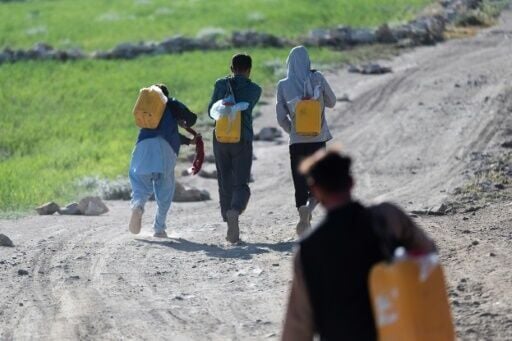Kabul's Looming Water Crisis: A Race Against Time
The Afghan capital, Kabul, is facing a severe water crisis, driven by rapid urbanization, mismanagement, and the impacts of climate change. Residents are struggling to access this essential resource, with potentially dire consequences for the city's future.
The Daily Struggle for Water
For many Kabul residents, like Bibi Jan, securing water is a daily struggle. They often have to choose between buying water and other essential needs, such as food. The cost of water from private tankers is often prohibitive, placing immense strain on families.
Warnings of Depletion
Experts have long warned about Kabul's water problems, with some suggesting that the city's groundwater could be depleted by 2030 without urgent intervention. While some experts express caution, citing data limitations, the overall situation is clearly deteriorating. A 76-million-cubic-meter annual deficit highlights the severity of the problem.
Limited Solutions and Challenges
The Taliban authorities have initiated water projects, but progress is hampered by funding and technical capacity. International support has also decreased since their takeover. The dependence on unregulated wells further exacerbates the crisis, as more water is extracted than replenished. Innovative approaches to water recycling and infrastructure development are essential.
The Impact on Residents
The lack of access to reliable water sources affects daily life for Kabul residents. The existing water systems serve only a small percentage of the population, forcing many to rely on expensive and unreliable alternatives. There are hopes that with international involvement, and a serious effort by local agencies, that conditions can be improved for residents of Kabul.

